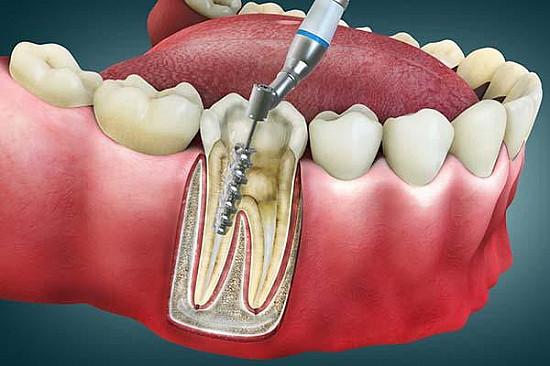Do Root Canals Need Redoing? What Patients Should Know

Introduction
If you’ve ever had a root canal, you may wonder whether the procedure can fail and need to be redone. Root canals are designed to save infected teeth, but sometimes retreatment is necessary. we often get questions about this, and it’s important for patients to understand the process, signs of failure, and the benefits of timely intervention. In this article, we’ll break down everything you need to know about root canal retreatment in an easy-to-read, friendly way.
What is a Root Canal?
A root canal is a dental procedure that removes infected or damaged pulp from inside a tooth. The pulp contains nerves, blood vessels, and connective tissue, which can become infected due to decay, trauma, or cracks. After removal, the tooth is cleaned, disinfected, and sealed to prevent further infection. This treatment allows the natural tooth to remain in place and function normally.
Do Root Canals Ever Need to Be Redone?
While root canals have a high success rate, they are not always permanent solutions. Sometimes, a treated tooth may develop new infections or complications due to:
-
Incomplete cleaning or sealing during the initial procedure
-
Cracks or damage to the tooth structure
-
Decay occurring after treatment
-
Complex root structures that are hard to fully treat
If any of these issues occur, your dentist may recommend retreatment to save the tooth.
Benefits of Retreatment
Redoing a root canal offers several benefits:
-
Preservation of Natural Teeth – Retreatment helps maintain your natural teeth, which is always better than extraction and replacement.
-
Relief from Pain – Retreatment addresses lingering infection, helping eliminate discomfort and swelling.
-
Prevention of Complications – Treating a failed root canal reduces the risk of abscesses, bone loss, or spreading infection.
-
Improved Oral Health – By eliminating bacteria and sealing the tooth properly, retreatment ensures long-term oral health.
How to Know If You Need a Root Canal Redo
Some common signs that a root canal may need to be redone include:
-
Persistent pain or sensitivity in the treated tooth
-
Swelling or tenderness in the gums near the tooth
-
Darkening or discoloration of the tooth
-
Formation of a pimple-like bump on the gums
If you notice any of these symptoms, it’s important to consult your dentist promptly for evaluation.
Conclusion
Root canals are highly effective, but they are not immune to failure. Understanding when a root canal might need to be redone can help you take proactive steps to maintain your dental health. Retreatment can save your natural teeth, relieve discomfort, and prevent further complications. For more guidance and expert care, and discuss your options with a trusted dental professional.
- Art
- Causes
- Crafts
- Dance
- Drinks
- Film
- Fitness
- Food
- Games
- Gardening
- Health
- Home
- Literature
- Music
- Networking
- Other
- Party
- Religion
- Shopping
- Sports
- Theater
- Wellness


